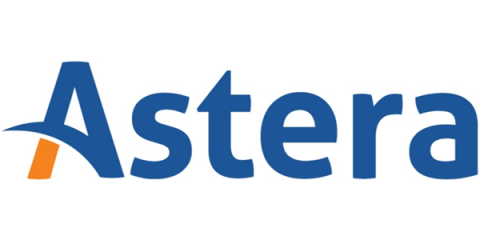Information extraction using natural language processing (NLP)
Information extraction (IE) finds its roots in the early development of natural language processing (NLP) and artificial intelligence (AI), when the focus was still on rule-based systems that relied on hand-crafted linguistic instructions to extract specific information from text. Over time, organizations shifted to techniques like deep learning and recurrent neural networks (RNN) to improve the accuracy of information extraction systems.







